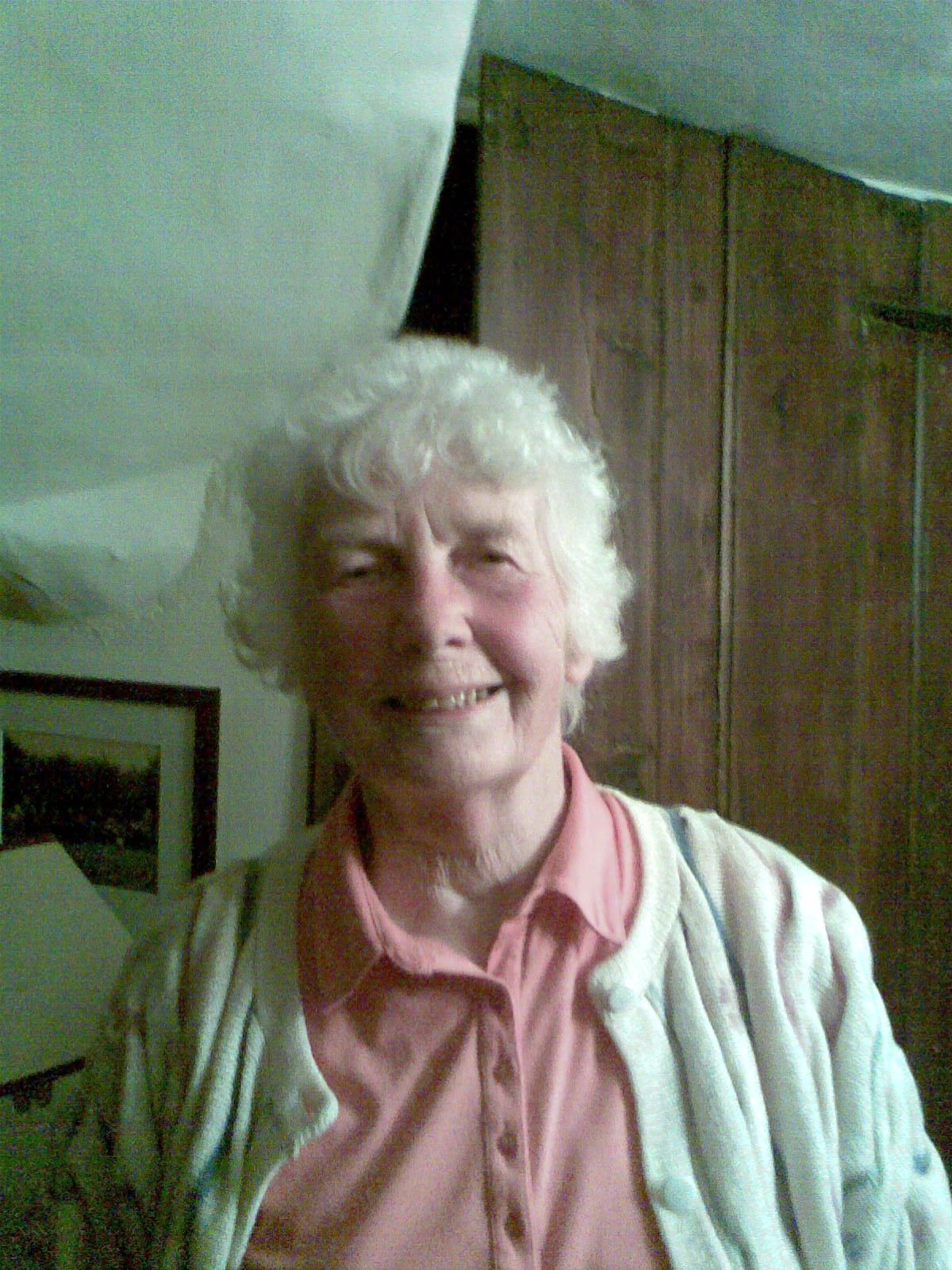 I realise how often I will look up a word’s etymology when writing a blog. It seems a way in which I can ground my thoughts and my writing. A literary “ground of my Being”. It gives me a sense of starting from somewhere honest, which is the original sense of the word “etymology”. It has to do with true meanings. But words don’t remain static. Thankfully. They “slip, slide, won’t stay still” to quote Eliot. ( A friend wrote a brave and fascinating piece on the word “cunt” I’m not sure I would have been as brave!) My thoughts then wondered off to my clinical work and the idea of clinical etymology i.e. what are the origins of this symptom, idea, fantasy etc. (Freud’s essay on The Rat Man is a classic example of the beginning of a symptom and the ways in which these symptoms changed over time. It is also an exploration of the creative uses to which we put our symptoms. It is also quite opaque at times with Freud making extraordinary jumps of understanding and interpretation. But why should this be a surprise? If language is full of hidden histories, how much more so our unconscious lives?)
I realise how often I will look up a word’s etymology when writing a blog. It seems a way in which I can ground my thoughts and my writing. A literary “ground of my Being”. It gives me a sense of starting from somewhere honest, which is the original sense of the word “etymology”. It has to do with true meanings. But words don’t remain static. Thankfully. They “slip, slide, won’t stay still” to quote Eliot. ( A friend wrote a brave and fascinating piece on the word “cunt” I’m not sure I would have been as brave!) My thoughts then wondered off to my clinical work and the idea of clinical etymology i.e. what are the origins of this symptom, idea, fantasy etc. (Freud’s essay on The Rat Man is a classic example of the beginning of a symptom and the ways in which these symptoms changed over time. It is also an exploration of the creative uses to which we put our symptoms. It is also quite opaque at times with Freud making extraordinary jumps of understanding and interpretation. But why should this be a surprise? If language is full of hidden histories, how much more so our unconscious lives?) 
To take this idea a little further, we can follow Lacan in suggesting that the unconscious is structured as a language. Which might give us access to wondering about what part of speech any given symptom m might equate to. Thus a symptom may serve several functions. It might work as a noun, having a naming function which also serves as a limiter i.e. it is this thing, not that thing. It is depression, not anger. A symptom may also be a verb. a doing word i.e. I”do” psychosis. It is an active process that needs a subject and an object to fully make sense. (Which is why whenever we take a clinical history, we try to put a symptom into a context. When did this symptom first begin? How do you use it? There is really no such thing as an isolated symptom .Somewhere in the unconscious we will find the rest of its family.
And like any good piece of writing, I’m now struggling to find a satisfying way of ending my blog. I think M.Scott Peck sums it up beautifully when he writes, in The Road Less Travelled “The fact of the matter is that our unconscious is wiser than we are about everything.”
Filed under: Counselling , Narratives , Psychoanalysis , Psychosis , Psychotherapy , Reflective Practice , The Inner World , The unconscious , Ways of Being Tagged: Etymology , Freud , Lacan , Symptoms , The Rat Man
The post Emotional etymology first appeared on Terry Burridge.
Don't give up








